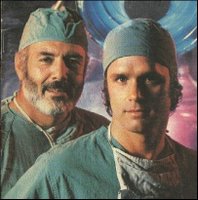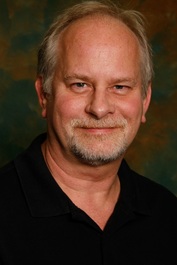 Two AIDS stories in the news today come crashing together.
Two AIDS stories in the news today come crashing together.CNN reports that a growing shortage of doctors, nurses and medical workers is hampering the fight against AIDS in the developing world. The 209-page annual World Health Report from the World Health Organization says that "the global shortage approaches 4.3 million health workers."
Meanwhile, the 87-page report from the U.S. Government Accounting Office looking into the $15 billion U.S.-funded "President's Emergency Plan for AIDS Relief (PEPFAR)" blasted the fact that most of the money is being spent on a required "ABC" strategy that encourages abstinence until marriage, being faithful thereafter and using condoms in high-risk sexual encounters, says the San Jose Mercury News. Critics say the abstinence program is eroding other preventative programs.
Most of the 20 countries receiving the PEPFAR money reports that the required ABC strategy is hampering their efforts and "presents challenges to their ability to respond to the local epidemiology and cultural and social norms."
The abstinence "policy is basically unworkable. This shows the problem very clearly and starkly," said Paul Zeitz, director of the Global AIDS Alliance.
Fifteen billion U.S. tax dollars to tell people in other countries they shouldn't have sex. It's a crazy world we live in!
Medicine | Health | Alternative Health | Nutrition | Sex | AIDS | Abstinence | Weight Loss | Government Accounting Office | World Health Organization




 Dr. David Ross, ND, CNHP, AHG
Dr. David Ross, ND, CNHP, AHG